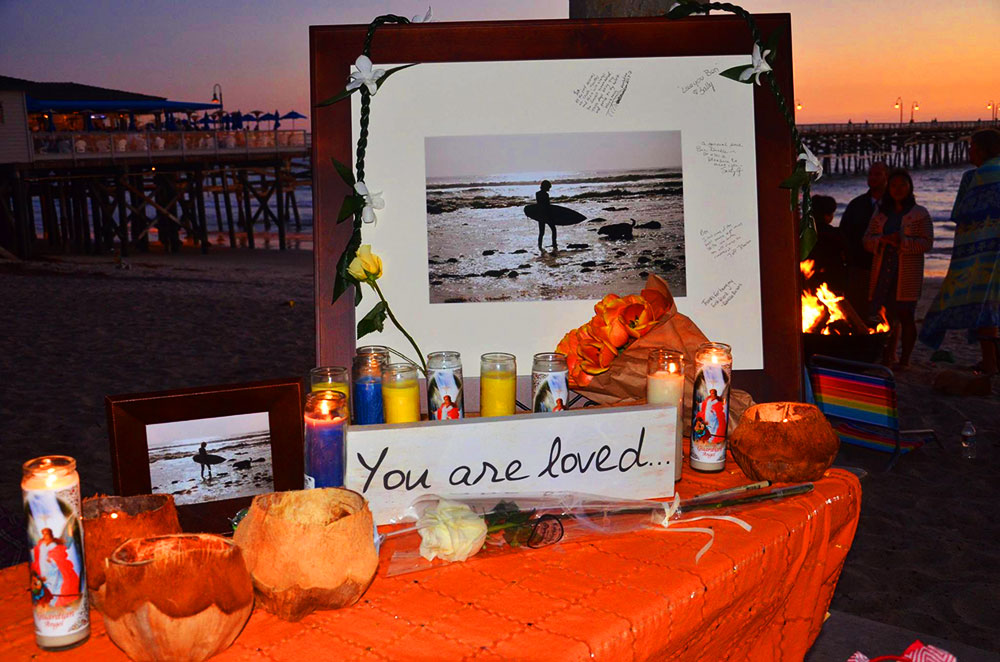their tolerance decreases.
Dunkle was eventually introduced to a group of students from the University of California, Irvine, who had set up the first needle exchange in Orange County.
“They invited me along to the trainings at the Orange County needle exchange each Saturday,” she said. “And that changed everything for me.”
During those needle exchange meetups, Dunkle deals directly with active drug users from all different backgrounds – not only handing out clean needles but distributing Narcan and offering emotional support.
Between July of 2015 and February of 2016, the Narcan distributed by the group was responsible for 12 successful overdose reversals. From February to November 7, 2016, there were 315 overdose reversals, Dunkle said.
“It’s been very healing for me to be able to go the needle exchange,” she said. “And with that knowledge, embrace people struggling the way Ben did with a greater understanding.”
According to Dunkle, the most beautiful thing about what she does every week is the absence of judgment. She gets to provide people with what they need in a judgment-free environment, and in return, she receives immense gratitude.
“I refer to myself as the most fortunate of the unfortunate,” she added. “And I think that’s a gift that Ben left me, to open my world.”
In the final part of our four-part interview with Aimee Dunkle, she addressed how she managed to move on with her life after losing her son Ben in 2012, to a heroin overdose. After Ben passed away, Dunkle decided that in order to move forward with her life and get closure, the best thing she could was to help other people struggling with substance abuse disorder and educate herself on the addiction as a medical condition.
















